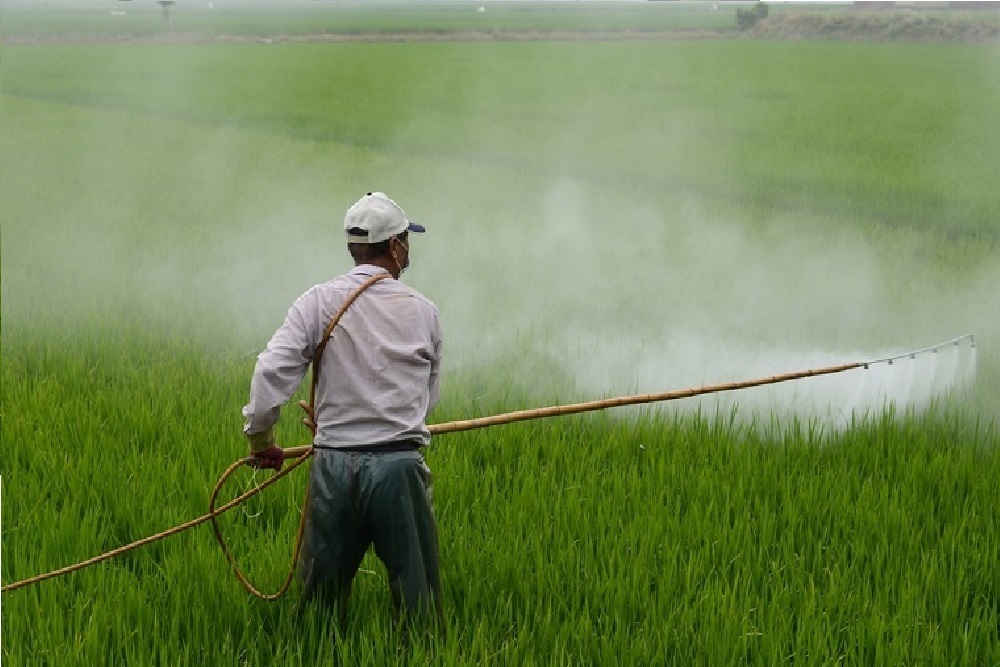A mother whose child allegedly developed cancer due to exposure to Roundup lost at trial in Los Angeles Superior Court this week.
The Clark v. Monsanto jury decided Oct. 6 that Destiny Clark’s child’s exposure to the herbicide was not a substantial factor to his subsequent development of non-Hodgkins lymphoma, according to media reports.
Roundup’s active ingredient is glyphosate, which is used to kill weeds that have sprouted among crops. It was widely reported that Clark allowed her son, Ezra, to play outdoors while she sprayed the weed killer around their home’s property.
The jury ruled against the Clark family in a 9-to-3 decision.
“While we have great sympathy for Ezra Clark and his family, the jury carefully considered the science applicable to this case and determined that Roundup was not the cause of his illness,” said Christopher Loder, vice president of Bayer’s external communications.
The German chemical company Bayer inherited the Roundup litigation after it acquired Monsanto for $63 billion in 2018. Werner Baumann, CEO of Bayer, had attempted to settle the Roundup litigation for $2 billion but the offer was derailed by California Northern District Judge Vince Chhabria.
On its website, Bayer states: “When it comes to safety assessments, glyphosate is among the most extensively tested pesticides on the market. Evaluations spanning more than 40 years, and the overwhelming conclusion of experts and regulators worldwide, support the safety of glyphosate and that glyphosate does not cause cancer.”
Bayer announced in July that it would stop selling the current version of its glyphosate-based Roundup for residential use in the U.S. beginning in 2023. A forthcoming version of Roundup will include alternate active ingredients.
The company has said its decision to end residential sales in the U.S. was based on managing litigation risk, and not due to safety concerns.
According to the company, the current version of Roundup will remain available for agriculture.
“The jury’s verdict in favor of the company on causation brings this trial to a successful conclusion and is consistent with the assessments of expert regulators worldwide as well as the overwhelming weight of four decades of extensive science,” Loder told the Southern California Record.
